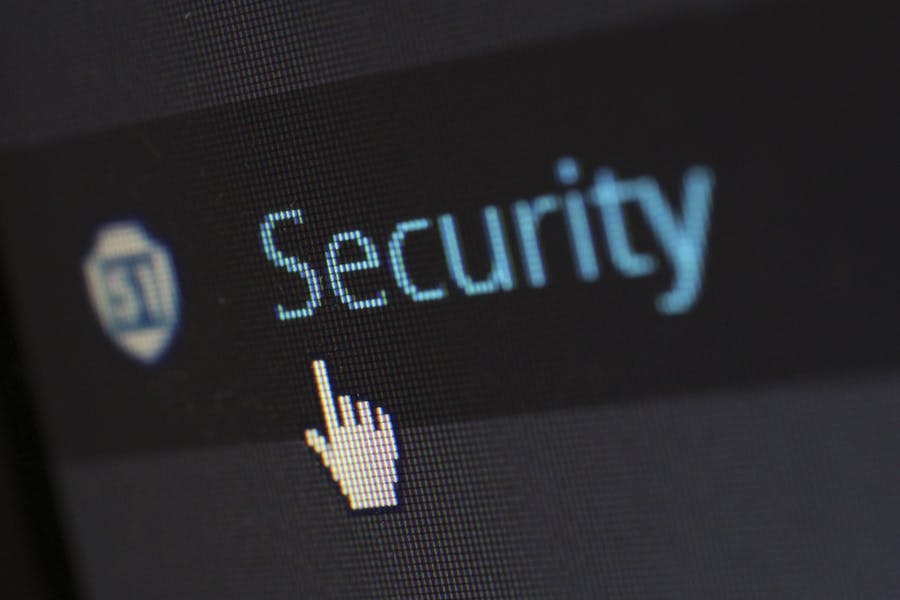If you’re considering a cybersecurity career in the U.S. military, one of the first questions you’ll ask is: What ASVAB score do you need for cybersecurity? The Armed Services Vocational Aptitude Battery (ASVAB) is the mandatory test for anyone joining the military. It determines your eligibility for enlistment and, more importantly, the military jobs (MOS/AFSC/Ratings) for which you qualify.
Cybersecurity is one of the most in-demand fields in today’s military landscape. These roles often involve protecting national defense systems, preventing cyberattacks, and securing classified networks. As a result, the requirements—especially your ASVAB score—are more rigorous than for many other positions.
Each branch of the military sets different ASVAB requirements for cybersecurity roles. While the minimum Armed Forces Qualification Test (AFQT) score to enlist is generally 31, cyber jobs usually require much higher line scores in specific ASVAB subtests like Arithmetic Reasoning (AR), Word Knowledge (WK), Paragraph Comprehension (PC), and Mathematics Knowledge (MK).
This article will explain which scores are needed for cyber roles in the Army, Navy, Air Force, Marines, and Coast Guard, and how to prepare for them.
What ASVAB Score Do You Need for Cyber Security?
To qualify for most cybersecurity roles in the military, you’ll typically need an ASVAB line score of 60 or higher in General Technical (GT), Electronics (EL), or Skilled Technical (ST), depending on the branch. The exact score varies, but higher scores improve your chances.
ASVAB Requirements for Cyber Security Roles in the U.S. Army
If you’re aiming for a cybersecurity role in the U.S. Army, understanding the required ASVAB score is essential. The Army offers cyber-related positions such as 17C (Cyber Operations Specialist) and 25D (Cyber Network Defender), both of which demand a high General Technical (GT) score. Typically, a GT score of 110 or higher is required to qualify. This score is calculated using a combination of your Arithmetic Reasoning (AR), Word Knowledge (WK), and Paragraph Comprehension (PC) results on the ASVAB.
In addition to meeting the score requirement, candidates must pass a background investigation and obtain a security clearance due to the classified nature of cyber operations. A clean criminal record and U.S. citizenship are often mandatory.
Excelling on the ASVAB not only increases your chances of securing a cyber security role but may also lead to additional benefits, such as enlistment bonuses and accelerated promotion opportunities. Focusing your study efforts on improving your GT line score can significantly enhance your eligibility for these elite and high-demand Army roles.
How Does the Air Force Evaluate ASVAB Scores for Cyber Security?
The U.S. Air Force holds its cybersecurity recruits to high standards, with specific ASVAB score requirements and additional qualifications beyond academics.
Minimum ASVAB Requirements
To qualify for cybersecurity positions in the U.S. Air Force, such as 3D0X2 (Cyber Systems Operations) and 1B4X1 (Cyber Warfare Operations), candidates must achieve a General (G) line score of at least 64 on the ASVAB. This score heavily depends on subtests like Arithmetic Reasoning (AR) and Word Knowledge (WK), which measure a recruit’s ability to think critically and solve problems—essential skills for cybersecurity.
Additional Criteria
Beyond test scores, applicants must also meet several eligibility standards, including medical, legal, and physical fitness requirements. A key component is the ability to obtain a security clearance, which requires a thorough background check. Due to the sensitive nature of cyber roles, a clean record and U.S. citizenship are often mandatory.
Education and Training
While a college degree is not required, recruits with some college coursework or technical certifications in IT or cybersecurity are viewed favorably. After basic training, candidates attend technical training at Keesler Air Force Base, where they receive hands-on instruction in secure network systems, cyber defense, and incident response.
Opportunities for Advancement
Cyber careers in the Air Force offer excellent growth potential. High performers may advance to leadership roles or specialize in offensive cyber operations, making it a dynamic and prestigious path within the military.
What ASVAB Score Is Needed for Navy Cyber Warfare Ratings?
The Navy offers advanced cybersecurity opportunities through two key career paths: Cryptologic Technician Networks (CTN) and Information Systems Technician (IT). These positions are highly technical and come with specific ASVAB score requirements and additional qualifications.
To be eligible for a CTN role, which focuses on cyber defense and network security operations, candidates must meet the following criteria:
- Electronics (EL) score of 110 or higher
- General Technical (GTE) score of at least 100
- U.S. citizenship is required
- Must be eligible for a Top Secret security clearance
For the Information Systems Technician (IT) role, which centers on managing communications and IT infrastructure, the required ASVAB score is:
- VE (Verbal Expression) + AR (Arithmetic Reasoning) = 105
In addition to meeting the academic thresholds, the Navy looks for recruits with:
- Logical and critical thinking skills
- Strong attention to detail
- A passion for technology and cyber defense
These cyber roles often involve activities such as ethical hacking, monitoring network intrusions, and implementing secure communication systems. Scoring well on the ASVAB and meeting the clearance and citizenship requirements are essential steps to pursuing one of these high-demand and strategically vital Navy cyber careers.
What ASVAB Scores Are Needed for Cyber Security in the Marines and Coast Guard?
In the U.S. Marine Corps, cyber security roles such as the 0689 Cyber Security Technician require a GT score of 110 or higher. Because these roles involve safeguarding critical defense networks, candidates must also pass a thorough background check and be eligible for a security clearance. These positions demand not only high ASVAB scores but also strong analytical and technical abilities.
For the U.S. Coast Guard, cyber roles typically fall under the Information Systems Technician (IT) rating. While exact ASVAB line score requirements may vary slightly, most positions call for a GT or EL score in the range of 109 to 112. As with the Marines, candidates must demonstrate technical aptitude and pass clearance screenings to qualify.
Both branches emphasize the importance of strong math, problem-solving, and logical reasoning skills. Performing well on the ASVAB—particularly in technical subtests—significantly enhances your chances of entering these elite cyber security roles.
When Should You Start Preparing for the ASVAB for Cyber Security Roles?
If you’re aiming for a cybersecurity role in the military, early preparation is essential. These roles are highly competitive and typically require above-average ASVAB scores, particularly in technical subtests. Ideally, you should begin preparing at least 3 to 6 months before your scheduled test date to maximize your chances of success. Here’s a structured approach to help you prepare effectively:
- Create a Study Plan: Develop a consistent schedule that targets all key subtests, especially Arithmetic Reasoning (AR), Word Knowledge (WK), Paragraph Comprehension (PC), and Mathematics Knowledge (MK).
- Use Official Practice Tests: Take full-length, timed ASVAB practice exams to simulate the real test environment and identify your strengths and weaknesses.
- Focus on Weak Areas: Analyze your practice test results to determine your lowest-scoring sections, and devote extra time to improving those areas.
- Consider Enrolling in Prep Courses: Online or in-person prep courses can offer structured guidance, expert tips, and proven strategies for score improvement.
- Stay Consistent and Track Your Progress: Regular study sessions and performance tracking will help you build confidence and ensure steady improvement over time.
By following this plan, you’ll be better prepared to earn the scores needed for a rewarding cyber security career in the military.
Conclusion
Knowing what ASVAB score do you need for cyber security is a crucial first step toward securing a cyber role in the U.S. military. While each branch has its own standards, most cyber security positions require above-average scores—typically a GT score of 110+ for the Army and Marines, and even higher EL or G scores for the Navy and Air Force. These roles are competitive, technical, and vital to national defense.
That’s why early preparation is essential. By studying strategically and aiming for top-tier scores, you increase your chances of qualifying for elite cyber positions. In return, you’ll gain access to a career that is both future-proof and foundational in today’s digital defense landscape.
FAQ’s
Can I retake the ASVAB to improve my score?
Yes, you can retake the ASVAB after a one-month waiting period, and improving your score may help you qualify for more advanced and specialized roles.
Are cybersecurity roles available in all branches of the military?
Yes, each military branch offers cyber-related positions, though the job titles, ASVAB score requirements, and training paths can differ significantly.
Is a college degree required for military cybersecurity roles?
A degree isn’t mandatory, but having one or earning certifications like CompTIA Security+ can strengthen your application and offer more opportunities.
Do cyber roles require security clearance?
Yes, most military cyber positions require at least a Secret or Top Secret clearance, which includes a detailed background check and eligibility screening.
Can military cyber experience help with civilian jobs later?
Absolutely. Experience in military cyber security is highly valued by civilian employers and can lead to high-paying roles in IT, cyber defense, and tech.







